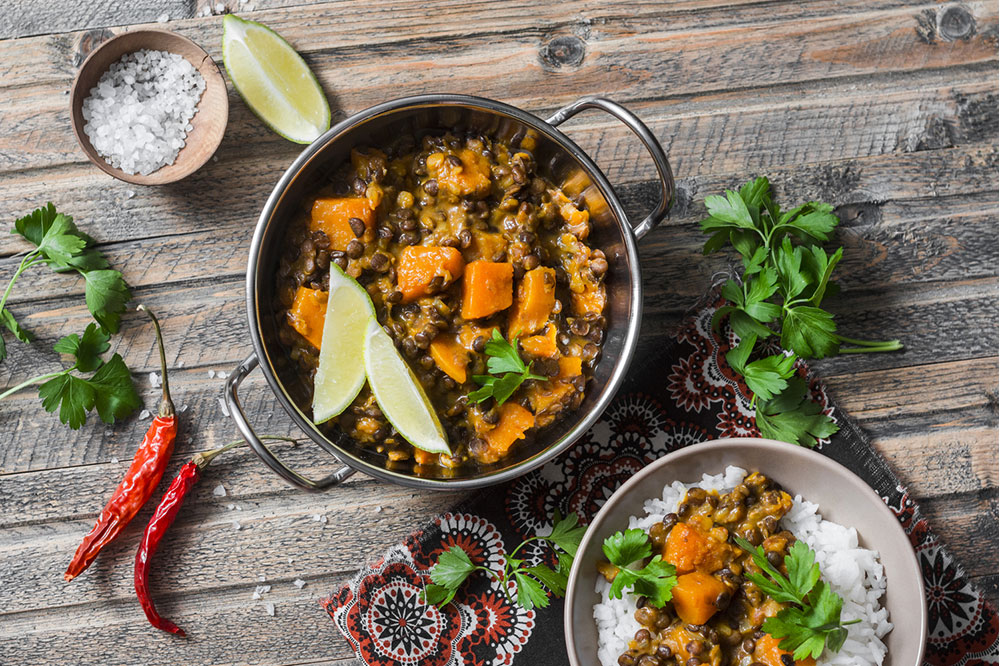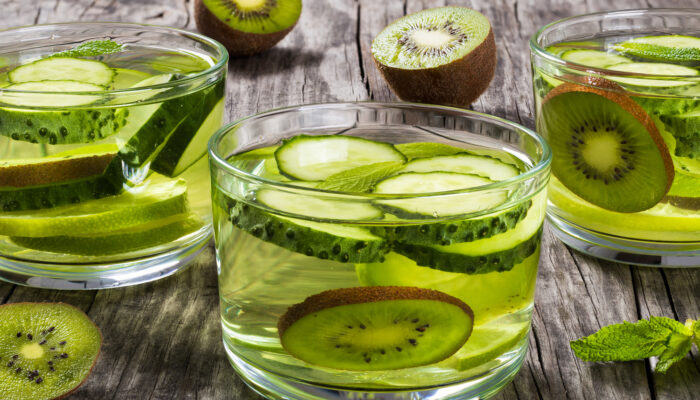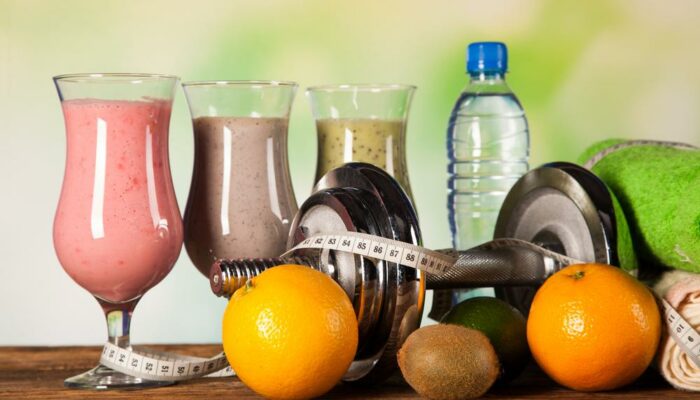
Foods for Vitamins A, B, C, and D Deficiencies
There are various benefits of following a well-balanced diet. To keep ourselves as healthy as possible, a balanced diet provides all the essential nutrients and vitamins to keep us healthy. A diet lacking nutrients, on the other hand, can cause several issues and health issues. There are several dietary tips for people with vitamin deficiency, and the intake of the following foods is the most important one to prevent or manage these deficiencies:
1. Foods for vitamin A deficiency
Vitamin A is important to combat night blindness, a condition in which individuals are unable to see in darkness or low light conditions. The most common dietary tip for vitamin A deficiency is to include foods like dairy products, eggs, sweet potatoes, fish liver oil, organ meats, dark leafy vegetables, and yellow-colored vegetables, including pumpkin flowers and carrots in the diet. Vitamin A supplements should be avoided as too many supplements can be toxic for the body.
2. Foods for vitamin B1 (thiamine), B2 (riboflavin) And B6 (pyridoxine) deficiency
There are various sources of these B vitamins, and including them in the daily diet is a helpful dietary tip to prevent deficiency. Poultry, whole grains, fish, meat, dairy, eggs, organ meat, green vegetables, legumes, starchy vegetables, seeds, and nuts are some of the foods to include in the diet. The intake of these vitamins reduces the formation of ulcers and cracks around the corners of the mouth.
3. Foods for vitamin B3 (niacin) deficiency
Vitamin B3 is essential to cure dandruff and scaly, flaky skin. A dietary tip to avoid vitamin B3 deficiency is to eat foods like poultry, whole grains, fish, meat, organ meats, dairy, eggs, nuts, seeds, vegetables, legumes, starchy vegetables, and green vegetables.
4. Foods for vitamin B7 (biotin) deficiency
Some foods that are rich sources of vitamin B7 are organ meats, egg yolks, dairy, fish, seeds, nuts, spinach, cauliflower, yeast, sweet potatoes, bananas, whole grains, and broccoli. About 30 micrograms of biotin is needed every day for adults suffering from brittle nails and hair.
5. Foods for vitamin B12 deficiency
A deficiency of vitamin B12 can result in megaloblastic anemia, impaired growth, and increased levels of homocysteine, but this can be prevented through the intake of whole milk, meat, clams, oysters, shellfish, eggs, and organ meat. It is also important to know that large amounts of vitamin B12 in the body is not harmful as it is poorly absorbed and easily excreted.
6. Foods for vitamin C deficiency
Vitamin C acts as an antioxidant, and it aids in immunity and wound healing. Eating fresh fruits and vegetables every day can help overcome this deficiency. At least 3 to 4 portions of vegetables, along with at least two fruit pieces should be eaten every day.
7. Foods for vitamin D deficiency
Vitamin D is necessary for strong muscles and bones, which prevents the risk of fractures. This vitamin also promotes growth in children and prevents rickets (soft bones). The intake of foods like cod liver oil, egg yolk, and fish like salmon, sardines, mackerel, and trout can help deal with the deficiency of this vitamin. Sunlight is also a great source of vitamin D for the body.



